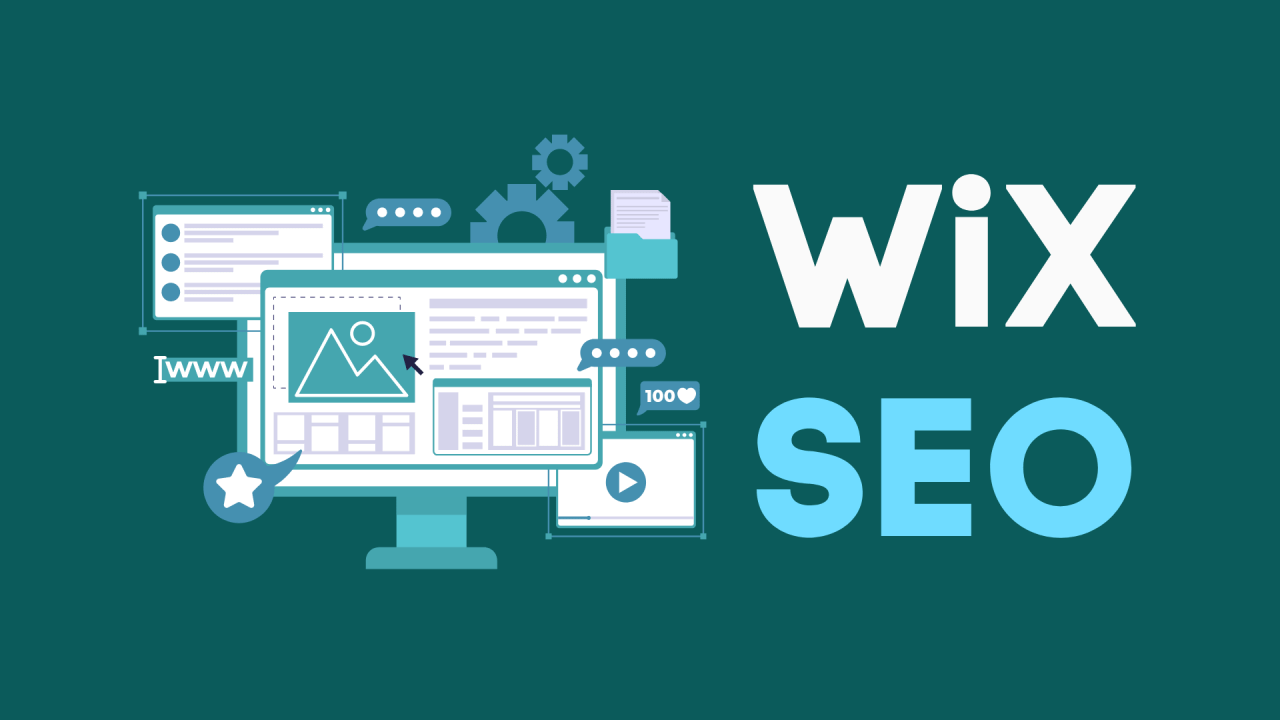Building a stunning website is just the first step in establishing a strong online presence. To ensure that your website reaches its target audience, you need to optimize it for search engines. Wix offers a suite of SEO tools designed to help you improve your site’s visibility and ranking on search engines like Google. In this blog, we’ll walk you through how to use Wix’s SEO tools to boost your online presence effectively.
1. Start with Wix SEO Wiz
What is Wix SEO Wiz? Wix SEO Wiz is an intuitive, step-by-step tool that helps you set up your website’s SEO foundation. It creates a personalized plan based on your site’s specific needs and guides you through the process.
How to Use It:
- Access SEO Wiz: From your Wix dashboard, go to the Marketing & SEO tab and select Get Found on Google.
- Set Up Your SEO Plan: Answer a few questions about your business and website goals.
- Follow the Plan: Wix SEO Wiz will generate a tailored checklist of tasks, such as optimizing your homepage title and description, using relevant keywords, and improving your site’s structure.
2. Optimize Your Site’s Content
Keywords: Keywords are the terms and phrases that potential customers use to find your site. Incorporate these keywords naturally into your site’s content, including titles, headings, and body text.
Tips for Keyword Optimization:
- Research Keywords: Use tools like Google Keyword Planner or Ubersuggest to find relevant keywords for your business.
- Use Long-Tail Keywords: These are more specific phrases that are less competitive and can attract targeted traffic.
- Avoid Keyword Stuffing: Overusing keywords can harm your SEO. Aim for a natural, readable flow.
Meta Tags: Meta tags provide search engines with information about your site’s content.
How to Optimize Meta Tags:
- Page Titles: Ensure each page has a unique, descriptive title that includes your primary keyword.
- Meta Descriptions: Write compelling meta descriptions that summarize the page’s content and include relevant keywords.
- Alt Text for Images: Add descriptive alt text to your images to help search engines understand their content.
3. Improve Your Site’s Structure
URL Structure: Clean and descriptive URLs make it easier for search engines and users to understand your site’s content.
Tips for URL Optimization:
- Use Keywords: Incorporate relevant keywords into your URLs.
- Keep It Simple: Avoid long, complicated URLs. Keep them short and descriptive.
- Use Hyphens: Separate words with hyphens rather than underscores.
Internal Linking: Internal links connect different pages on your site, helping search engines crawl your site more effectively and improving user navigation.
How to Optimize Internal Links:
- Link Strategically: Link to relevant pages within your content.
- Use Descriptive Anchor Text: Use keywords in your anchor text to give context to the linked page.
4. Leverage Advanced SEO Tools
Structured Data: Structured data helps search engines understand your content and can improve how your site appears in search results.
How to Use Structured Data:
- Wix Code (Velo): Use Velo by Wix to add custom code for structured data.
- Plugins: Install SEO plugins available in the Wix App Market that support structured data.
Mobile Optimization: With more people browsing the web on mobile devices, having a mobile-friendly site is crucial for SEO.
How to Optimize for Mobile:
- Responsive Design: Wix automatically creates a mobile version of your site. Customize it in the mobile editor to ensure it looks great on all devices.
- Mobile Speed: Use Wix’s performance tools to optimize your site’s loading speed on mobile devices.
5. Monitor and Analyze Your SEO Performance
Wix Analytics: Wix provides built-in analytics tools to monitor your site’s performance.
How to Use Wix Analytics:
- Access Analytics: From your Wix dashboard, go to the Analytics & Reports tab.
- Track Key Metrics: Monitor metrics such as traffic sources, visitor behavior, and conversions.
- Adjust Your Strategy: Use insights from your analytics to refine your SEO strategy.
Google Search Console: Connecting your site to Google Search Console provides additional insights and helps you identify and fix SEO issues.
How to Connect:
- Verify Your Site: Follow the instructions in Wix SEO Wiz to verify your site with Google Search Console.
- Monitor Performance: Use Google Search Console to track your site’s search performance, identify crawl errors, and submit sitemaps.
Conclusion
Optimizing your Wix website for search engines is essential to boosting your online presence and attracting more visitors. By utilizing Wix’s SEO tools, including the SEO Wiz, content optimization features, and advanced tools like structured data and mobile optimization, you can significantly improve your site’s visibility on search engines. Regularly monitor your SEO performance and adjust your strategy based on analytics insights to stay ahead of the competition. Happy optimizing!




